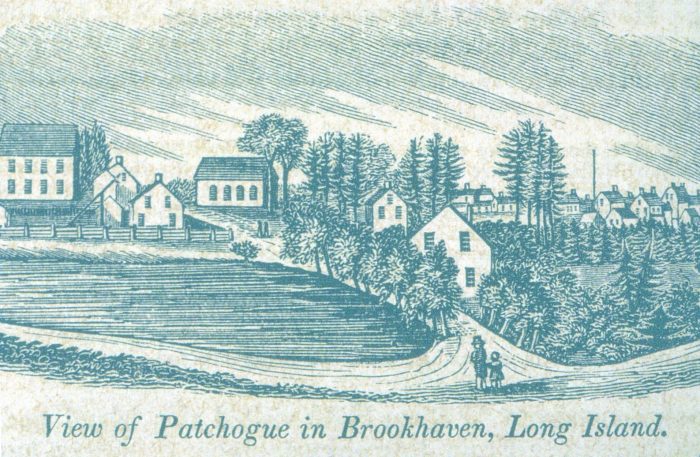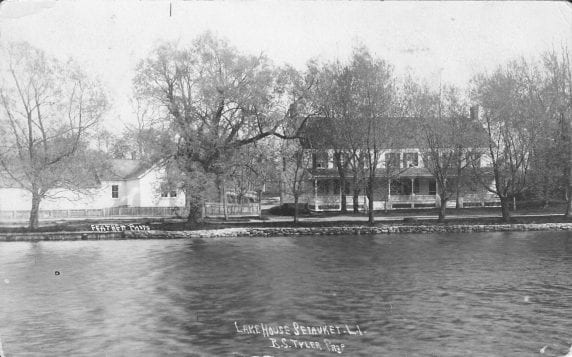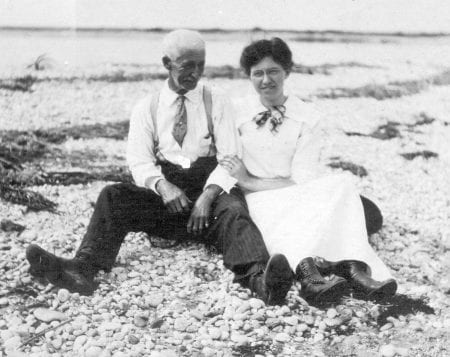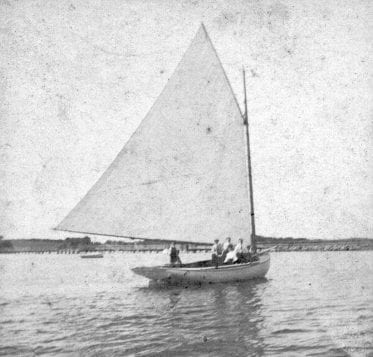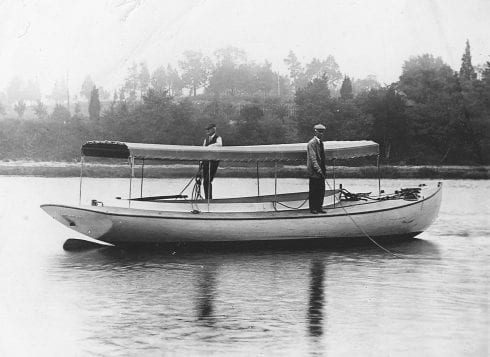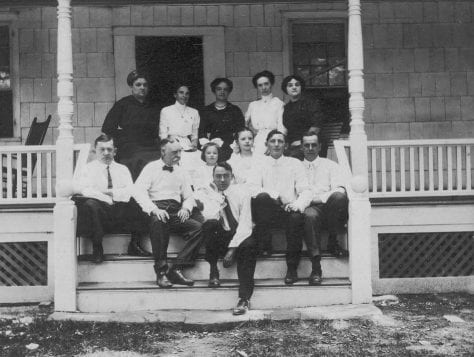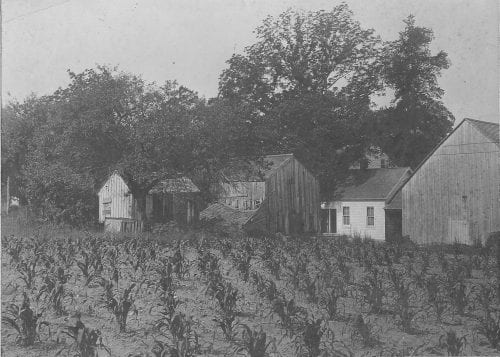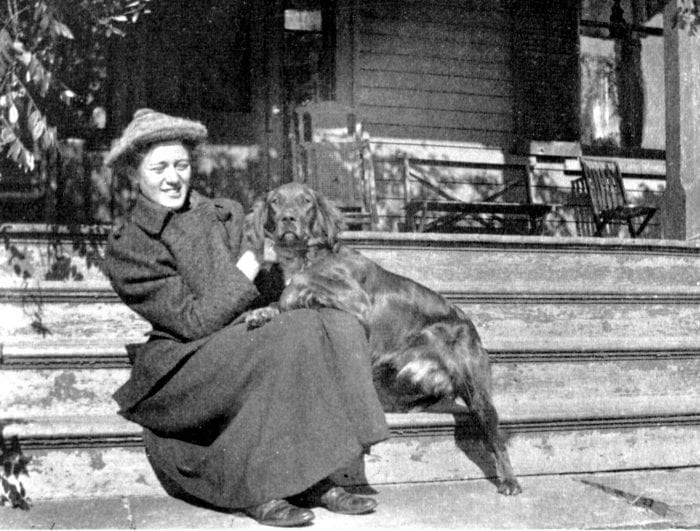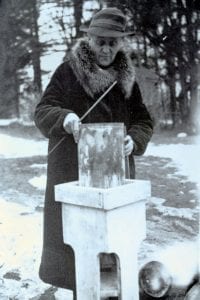By Beverly C. Tyler
William Bacon, my third great grandfather, left his home in the Midlands of England on June 12, 1794. He booked passage on a ship out of Liverpool on June 22 and arrived at New York’s South Street Seaport on Aug. 23. He then traveled to Patchogue, Long Island, arriving on Aug. 28, 1794. Letters from his father and brothers between 1798 and 1824 and numerous trips I made to the villages of his youth provided the basis for this fictional letter to his father and mother.
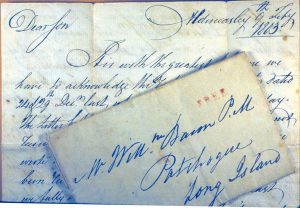
In 1794, England was at war with France, as was most of Europe. The resultant curtailment of trade was having a very negative effect on the British economy. The impressment of American merchant ship crews by the British had brought America and England very close to war again. President George Washington was in his second term as the first president of the United States and had recently appointed Chief Justice John Jay to negotiate a treaty of commerce with England.
On Long Island, Selah Strong was again elected as president of the trustees of the Town of Brookhaven, a post he had held every year since 1780, three years before the end of the Revolutionary War. In Patchogue, the Blue Point Iron Works, run by a Mr. Smith, was in full operation and looking to England, especially the Midlands, for young men like William Bacon who came from a long line of lead miners and iron workers.
July 4, 1794
M. Matthew Bacon
Alderwasley
Parish of Wirksworth
Derbyshire, England
My Dearest Father & Mother,
I am writing this letter at sea. We are twelve days out from Liverpool and expect to arrive in New York before the end of next month. Today is Independence Day in America and as this is an American ship and crew, they celebrated the day with cannon fire and decorated the ship with flags. A special meal was prepared and the other passengers and I were included in the feast. Sitting with these new friends and enjoying their hospitality, I realized for the first time how much I already miss home and family.
Last month, the day before I left, as I sat on the hillside above our home, I realized that there was a part of me that would stay there forever. The green hills of Alderwasley will remain forever in my memory as will your kind smile and patience with me as I prepared to undertake this journey.
My resolve in going has not diminished in spite of my love for my family, for my home, and for the gentle rolling hills I have so often walked. The position in Mr. Smith’s iron works I regard as a chance to flourish in a land of opportunity as many others have done before me. America also offers the chance to live free of the will of the Lord of the Manor. He has been good to you, and generous, but he owns the very hills and valleys where I was born and grew up. In America my opportunities are limitless.
Please write and tell me if any from Wirksworth or Alderwasley have volunteered for the cavalry or infantry and how the war goes. I will send you the prices of pig and bar iron in English money as well as the prices of beef and mutton in the same as soon as I can. If brother Samuel is still in Jamaica after I arrive, ask him to come and see me when he goes through New York. The same for my brother Matthew if he comes to Philadelphia to trade as he plans.
I continue with great hope and anticipation and a deep sorrow at parting.
Your loving son,
William Bacon
Beverly C. Tyler is a Three Village Historical Society historian and author of books available from the society at 93 North Country Road, Setauket. For more information, call 631-751-3730. or visit www.tvhs.org.

